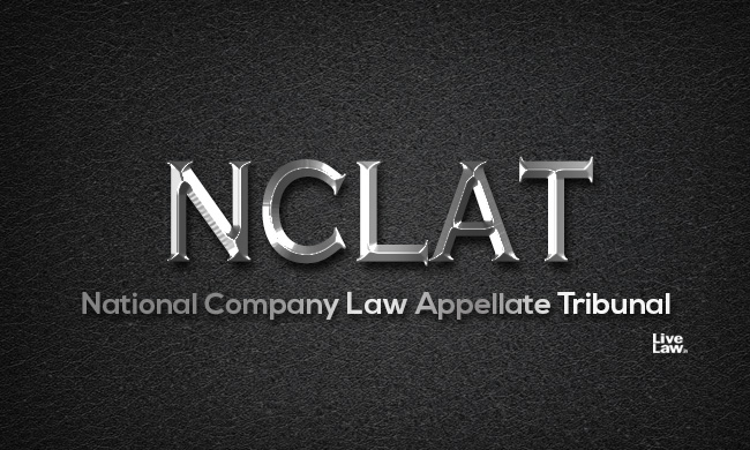NCLAT Holds Lease Rental As Operational Debt Under The Insolvency And Bankruptcy Code, 2016
Akshay Sharma
6 July 2022 3:08 PM IST

Next Story
6 July 2022 3:08 PM IST
A five judge bench of National Company Law Appellate Tribunal comprising of Justice Ashok bhushan, Justice Rakesh Kumar, Justice Rakesh Jain, Mr. Naresh Salecha and Mr. Barun Mitra held that the lease rental qualifies as an operational debt under the provisions of the Insolvency and Bankruptcy Code, 2016 (IBC/Code) The five judge bench was constituted after a three judge bench of...
